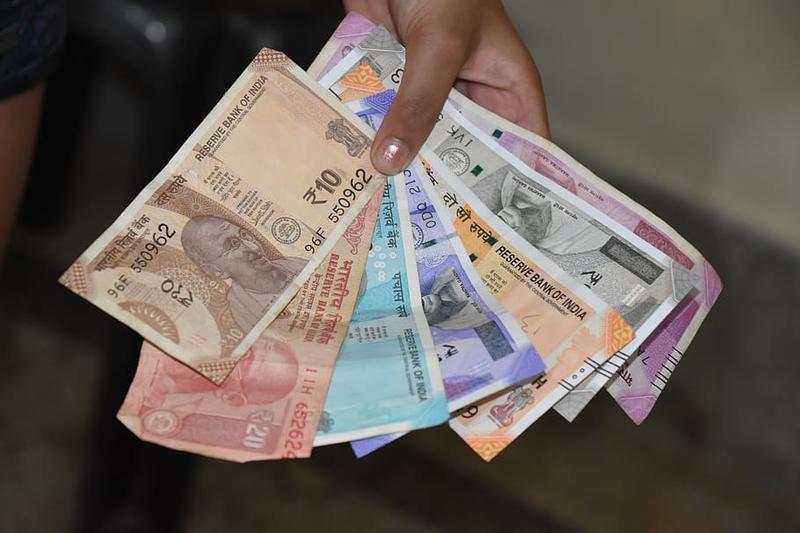Factors that affect currency rate

The value of a currency is influenced by several factors, and understanding these factors is crucial for traders and investors.
Here are some key elements that affect currency rates:
One significant determinant of exchange rates is interest rates. When a country offers higher interest rates, its currency becomes more attractive to investors seeking higher returns. As a result, the demand for that currency increases, leading to an appreciation in its value.
Conversely, if a country lowers interest rates, its currency’s value decreases as it becomes less appealing to investors.
Inflation is another crucial factor affecting currency value. Countries with low inflation rates typically have currencies with higher values compared to countries experiencing high inflation.
Inflation erodes the purchasing power of money, so investors prefer currencies of countries with stable or lower inflation rates. Generally, there is an inverse relationship between inflation and interest rates. Higher inflation reduces a currency’s value, while higher interest rates increase its value. Conversely, lower inflation boosts a currency’s value, but lower interest rates make it less appealing to investors, leading to a decline in value.
Economic performance plays a vital role in currency valuation. A strong economy attracts investors seeking stability and opportunities for growth. Indicators such as GDP, unemployment rates, and debt levels are used to assess economic performance.
Low unemployment rates indicate a robust economy and increase the demand for a country’s currency. Conversely, rising unemployment suggests economic weakness, leading to a decrease in currency demand and a lower exchange rate.
Positive employment reports, such as a decrease in unemployment, can strengthen a currency’s value.
A rising GDP signifies economic expansion and attracts investment, while a declining GDP indicates a contraction, potentially resulting in reduced investment.
A nation’s debt level is also a crucial consideration for investors. Countries with large public debts may experience higher inflation and raise concerns about defaulting on their obligations.
The higher a country’s debt rating, the more attractive it becomes to foreign investors, leading to an appreciation in its currency’s value.
Lastly, political stability is an essential factor that investors consider when deciding where to invest their capital.
Countries with political turmoil can experience a loss of confidence in their currency, causing capital to flow towards the currencies of more stable countries.
Political stability instils confidence and attracts investment, positively influencing a currency’s value.
Image from Pxfuel (Free for commercial use / CC0 Public Domain)
Image Reference: https://www.pxfuel.com/en/free-photo-qhfrr









Leave a Reply